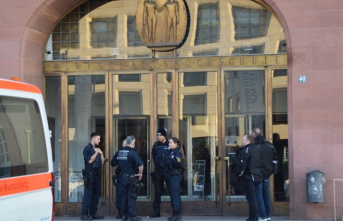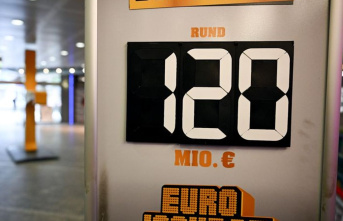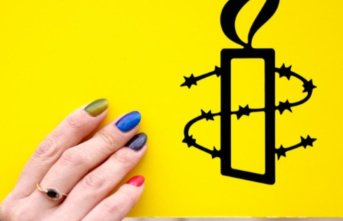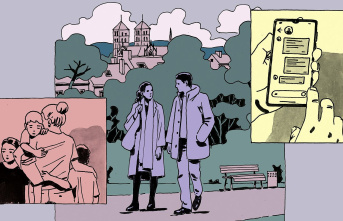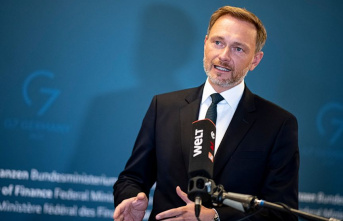LONDON -- Boris Johnson, the British Prime Minister, may have survived a vote of no confidence but his hold on power is not secure.
Many people compare his position with that of Theresa May's predecessor, who won an identical vote to Johnson but was still ousted six months later.
Professor Tim Bale of Queen Mary University of London said, "The history of prime ministers who survive confidence vote isn't that good."
Here's a look at how former Conservative prime ministers did after facing leadership challenges.
------
MARGARET THATCHER
Thatcher was able to survive a first leadership challenge in 1989. However, she fell on the second challenge in the following year.
Anthony Meyer, a lesser-known lawmaker, challenged Thatcher in 1989. Thatcher had been unopposed as party leader every year since 1974. Thatcher won comfortably by 314 votes against 33, but counting deliberately spoiled ballot papers, around 60 people had not endorsed her, a sign that her position was uncertain.
In the midst of serious divisions within Conservatives, Michael Heseltine, ex-defense secretary, launched his own attempt to take Thatcher's leadership.
In the first round, Thatcher received 204 votes, while Heseltine got 152. However, the margin was not enough to win him the election. The second round was necessary.
Two days later, the "Iron Lady", resigned and Conservative lawmakers elected John Major to succeed her in a second round.
------
JOHN MAJOR
Major was Thatcher's hand-picked successor in December 1990.
Major quit as party leader in June 1995 to make it difficult for him to run against the party. He challenged his party to "put-up or shut up" to dispel a group of Conservative critics who were opposed to Britain's closer integration to the EU.
Major won a majority vote in the Conservative leadership race against John Redwood. However, three-quarters of the party voted against him or spoiled their ballot papers.
Major held on to power for nearly two more years until Labour's Tony Blair won the 1997 general elections.
------
THERESA MAY
May, Britain's second female Prime Minister in July 2016, was subject to severe pressure for her unsuccessful but repeated attempts to pull Britain out of Europe.
48 Conservative lawmakers were furious at her Brexit policies and voted against her in a no confidence vote. She was victorious by 200 votes to 117 but lost support from one-third her legislators.
May was unable to win the support of lawmakers to implement the Brexit agreement she made with the EU as the opposition continued to harass her leadership. Her plan was rejected by Parliament three times. Even Cabinet members who were loyal to her previously criticized her bill.
May had to resign in May 2019 after stating that "it will always be a matter of deep regrette for me" to not deliver Brexit.
Bale, a political professor believes Johnson is distinct from May and Thatcher, and won't resign.
Many of Boris Johnson’s opponents would argue that his only interest is the continuation of the job. Bale stated that he will be removed from Downing Street by lawmakers.


